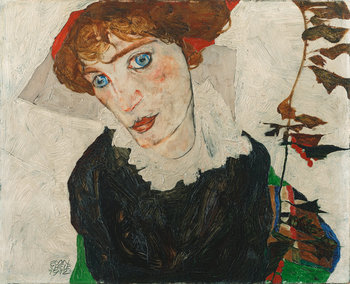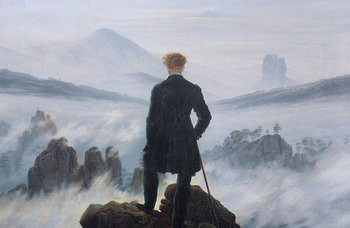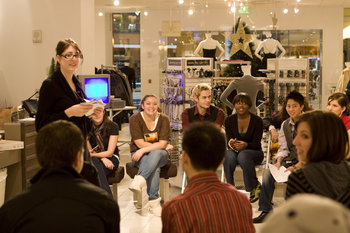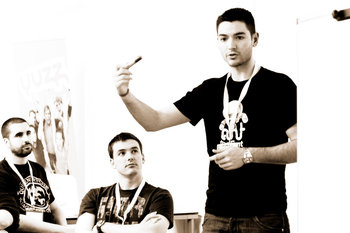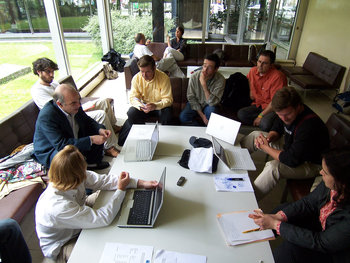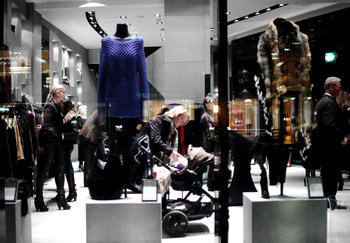
Social Status
People naturally want respect from others and desire social status. Where traditional social status is based on your behavior and interactions with others, modern societies have productized social status. For example, luxury goods have become practically synonymous with social status. This may encourage people to spend money beyond their means or become obsessed with possessions as a source of perceived self-fulfillment.Entertainment
Entertainment that may serve needs such as a desire for social connectedness. For example, the idea that characters on television can become substitutes for knowing real people. The ability of entertainment to distract the masses was known to the ancient Romans. For example, Roman satirical poet Juvenal stated that a population will give their vote to anyone who promises bread and circuses.Already long ago, from when we sold our vote to no man, the People have abdicated our duties; for the People who once upon a time handed out military command, high civil office, legions — everything, now restrains itself and anxiously hopes for just two things: bread and circuses.
~ Juvenal, circa A.D. 100
~ Juvenal, circa A.D. 100
Emotion
The productization of emotion. For example, it is common for advertising to do little more than depict a positive emotion alongside brand symbols with storylines that have nothing to do with the product whatsoever.Competition
Marketing techniques that are based on the tendency for people to be intensely competitive. For example, a brand that releases limited editions of things whereby supply is a tiny fraction of demand. This can generate intense desire for these items and make the brand seem more exclusive and difficult to obtain.Recognition & Rewards
Products and services that constantly reward people for accomplishments that are easy to obtain. For example, a game that requires little skill or effort but constantly provides rewards and positive feedback.Coolness
Products that quickly become uncool such that you need to frequently upgrade to stay fashionable and appear to be in-the-know. This is common in industries such as fashion and consumer electronics.Notes
The theory of false needs extends from the work of the philosophers Friedrich Nietzsche with his concept of The Last Man and Herbert Marcuse with his concept of One-Dimensional Man. The Last Man and One-Dimensional Man are similar characters who fail to live up to the full extent of human potential but instead seek only comfort, convenience and safety.| Overview: False Needs | ||
Type | ||
Definition | ||
Related Concepts | ||


